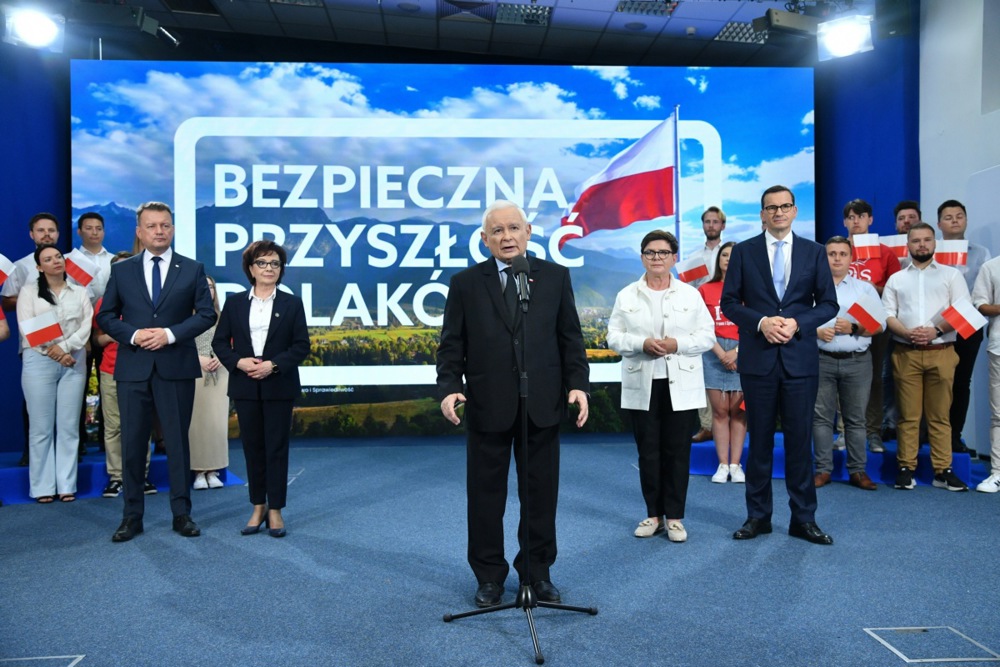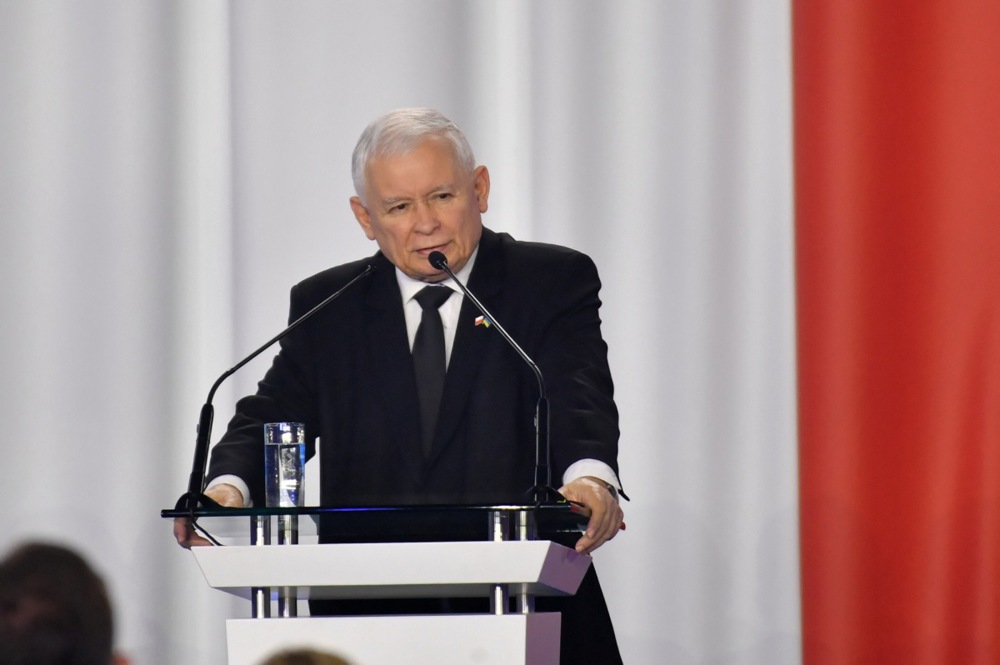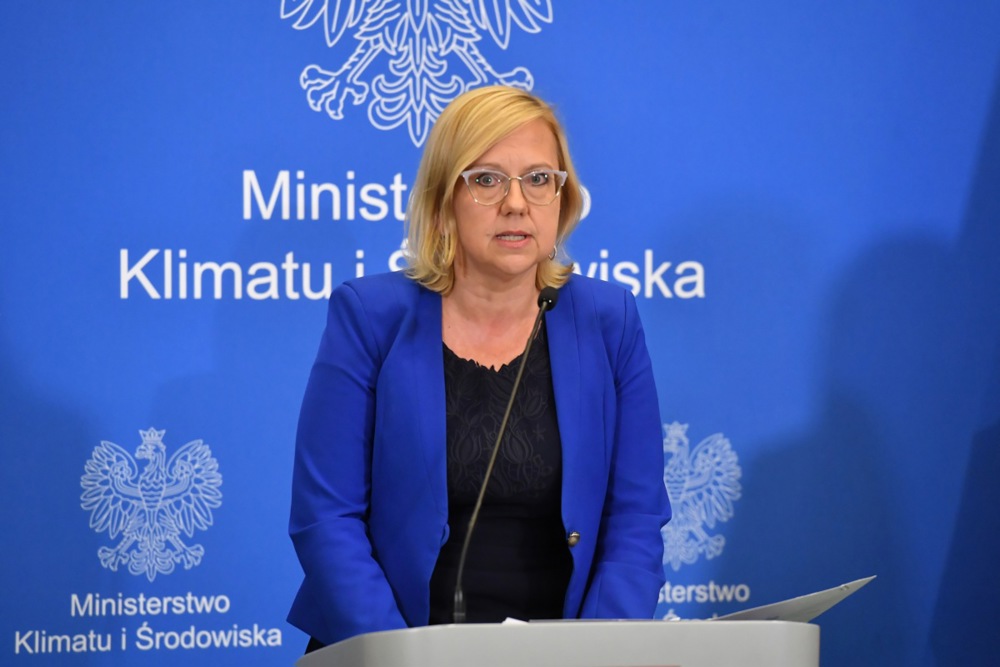Poland’s deputy foreign affairs minister Arkadiusz Mularczyk has claimed his country did not waive its reparation rights in 1953 over the Second World War – as is asserted by Germany.
Poland in September 2022 officially launched a Second World War reparations claim of €1.3 trillion, based on a detailed report illustrating the loss of life and destruction of property it suffered during the German invasion and occupation.
Germany has rejected the claim stating that the issue was settled back in 1953 when it was agreed that Poland would be paid from the reparation funds that were to be paid to the then-USSR. The USSR decided that Poland had already sufficiently benefited from post-war territorial settlements.
Mularczyk, speaking in an interview with the Polish state news agency PAP, claimed that Poland’s former Communist government failed to formally waive compensation rights from Germany and therefore Warsaw’s reparation claim remains valid.
The deputy foreign minister’s assertion is based on there having been no formal resolution on the subject. All that there was, apart from media reports, was a “sheet of paper signed by the then-president Bolesław Bierut”, which Mularczyk said did not have the status of a government resolution.
He added: “For years, Germany and pro-German propaganda had tried to prove there was a legally binding document” declaring Poland’s waiving of war damages. “This narrative misled the public and put Poland at a disadvantage.”
Poland has been attempting to involve the international community in its dispute with Germany over reparations and has encouraged other countries such as Greece to coordinate actions so that they could all obtain a settlement of their individual claims.
Diplomatic notes have been issued by Poland to 50 countries explaining what lies behind Warsaw’s official claim for compensation.
In an interview with state television recently, Mularczyk told viewers that Germany had treated different nationalities “unequally” with regard to compensation as it has settled with Israel and other Western countries. He also said there was “no debate” about Poland’s case in Germany itself and that few Germans had knowledge of what Poland had suffered during the Second World War.
Poland’s opposition parties do not oppose the claim and say they will respect it should they come to power in the country’s election scheduled for October 15. The PO party, led by Donald Tusk and the largest opposition group, has accused the ruling PiS of electioneering on the issue and of unnecessarily damaging Polish relations with Germany with some of its rhetoric.
Professor Andrew Tettenborn, who writes on legal and international issues for UK publication The Spectator, believes Poland is on shaky ground legally as regards the reparations claim but on much stronger ground politically.
He said he felt the matter could be used as leverage in Polish-German relations with access to EU funds as a backdrop, especially as Poland sees Germany as being behind the European Commission having taken Poland to task over rule-of-law legislation there.
The British academic said for Germany to hide behind deals with the USSR is in the longer term politically unsustainable, especially as Germany has agreed to pay reparations for pre-Second World War atrocities in Namibia, for instance. The issue can only be finally settled by compromise, he concluded.
One argument that will not work with the Poles is that Germany has made good on its deeds by the fact that Poland has gained territories in the west of the country and in the Baltic as a result of the post-war settlement and that Germany has facilitated Polish accession into the European Union.
Poland lost territory on its eastern flank to the USSR after the war. Western territories were granted it by way of compensation. Germany had by then surrendered unconditionally and had no say in the matter.
Matthew Olex-Sczytowski, who writes for UK news outlet UnHerd and who has researched extensively into the costs and benefits of Polish accession to the EU, refuted the argument that Poland is the beneficiary of extensive German largesse.
He argued that when costs of pre-EU accession opening of markets and the remittances to western companies that have flowed since accession, plus the transfer of labour from Poland to the West, are accounted for, Western Europe has benefited more than Poland has.





